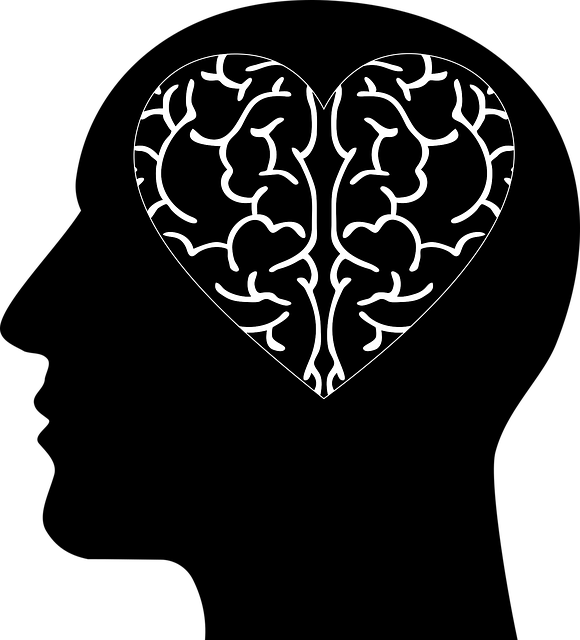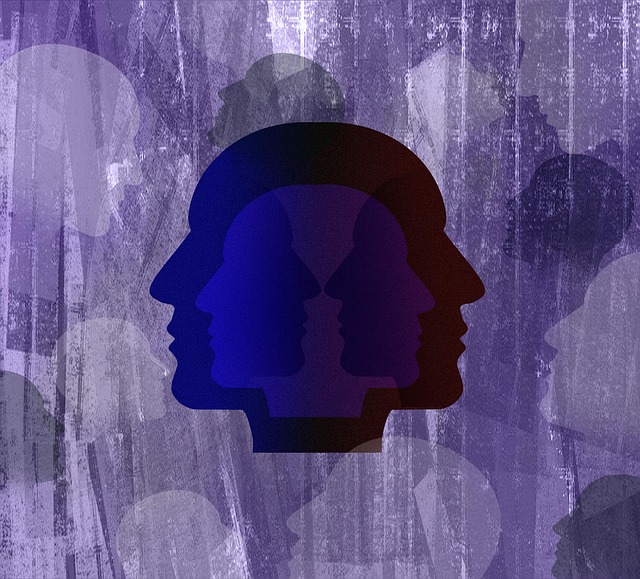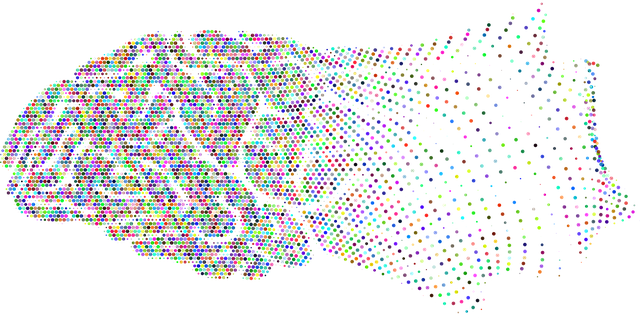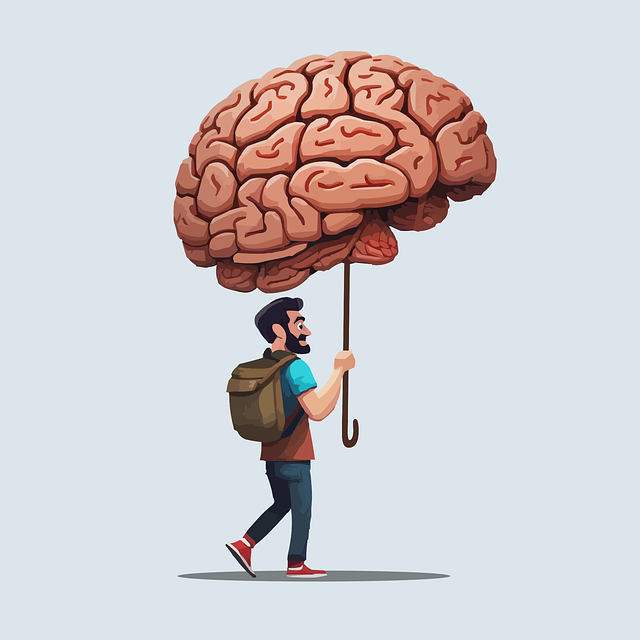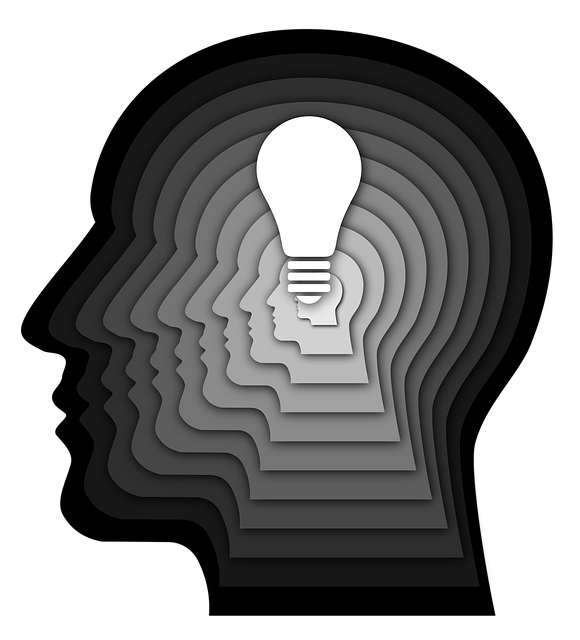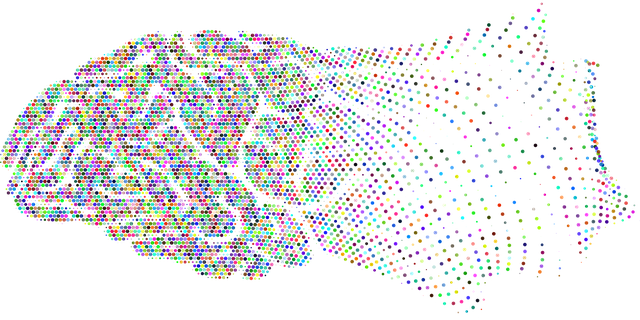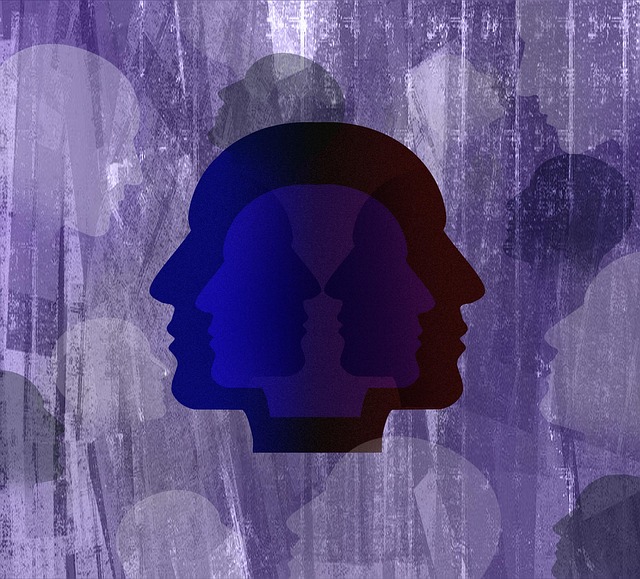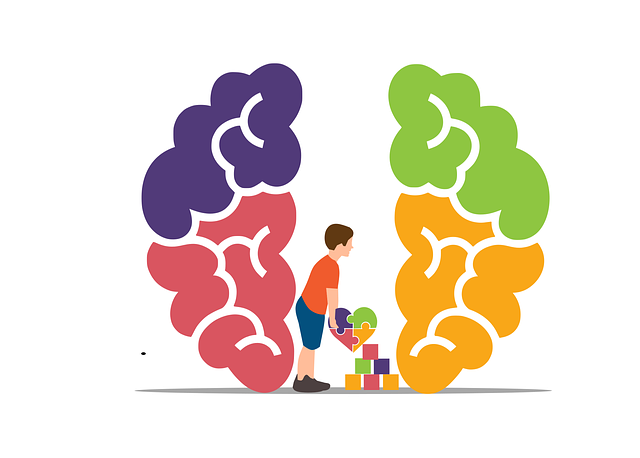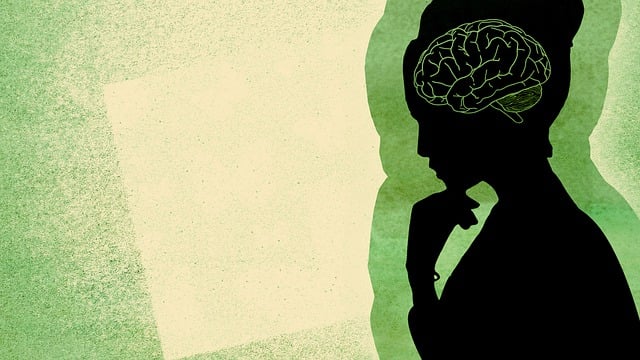Golden Eating Disorders Therapy (GEDT) focuses on empowering individuals with coping skills to manage eating disorders and promote emotional well-being. Through techniques like mindfulness, cognitive reframing, and stress management, GEDT fosters resilience and positive relationships with food and bodies. Tailored interventions based on personal triggers and cultural competency enhance effectiveness. Integrating coping skills into daily life, including mindfulness meditation, improves crisis navigation and reduces relapse risk. GEDT goes beyond traditional treatment by offering emotional intelligence, mental health policy analysis, and advocacy tools for holistic recovery.
Coping skills development is a pivotal aspect of Golden Eating Disorders Therapy, empowering individuals to navigate stress and triggers effectively. This article delves into the significance of coping mechanisms in the context of eating disorders, guiding readers through identifying personal stressors and implementing resilient strategies. We explore practical approaches for integrating these skills into daily routines, fostering long-term recovery. Understanding and mastering coping techniques are essential steps towards healing and a healthier relationship with food.
- Understanding Coping Skills and Their Significance in Golden Eating Disorders Therapy
- Identifying Personal Triggers and Stressors: A Key Step Towards Development
- Effective Strategies for Building Resilient Coping Mechanisms
- Integrating Coping Skills into Daily Life: Sustaining Progress and Long-term Recovery
Understanding Coping Skills and Their Significance in Golden Eating Disorders Therapy

Coping skills are essential strategies that individuals use to manage and navigate challenging situations, emotions, or stressors. In the context of Golden Eating Disorders Therapy (GEDT), understanding coping skills becomes pivotal in treating eating disorders and promoting overall emotional well-being. GEDT focuses on addressing the complex interplay between mental health, dietary habits, and body image issues. By incorporating effective coping skills into therapy, individuals can develop healthier ways to manage distressing thoughts and feelings related to food and their bodies.
Emotional Well-being Promotion Techniques, such as mindfulness meditation, cognitive reframing, and stress management exercises, are valuable tools in GEDT. Compassion Cultivation Practices have also shown promise in fostering self-compassion and reducing symptoms of eating disorders. Moreover, burnout prevention strategies for healthcare providers involved in GEDT are crucial to ensure sustained support and care throughout the therapeutic process. These coping skills empower individuals to make positive changes, enhance their resilience, and maintain a healthier relationship with food and their bodies.
Identifying Personal Triggers and Stressors: A Key Step Towards Development

Identifying personal triggers and stressors is a fundamental step in coping skills development. It’s akin to unearthing the roots of a problem to effectively address it. By understanding what sets off emotional or physical reactions, individuals can begin to recognize patterns and gain valuable insights into their unique stress responses. This self-awareness is crucial for Golden Eating Disorders Therapy, where risk assessment for mental health professionals plays a pivotal role in tailoring interventions.
Healthcare provider cultural competency training emphasizes the importance of considering how personal, social, and environmental factors interact to create stress. By integrating this knowledge with positive thinking strategies, individuals can better navigate challenging situations. Through introspection and professional guidance, one can learn to manage triggers effectively, fostering resilience and improved mental well-being.
Effective Strategies for Building Resilient Coping Mechanisms

Developing resilient coping mechanisms is a vital part of mental health management. It involves equipping individuals with effective strategies to navigate life’s challenges and maintain emotional balance. One powerful approach is incorporating mindfulness meditation, which helps individuals stay present, observe thoughts without judgment, and cultivate a sense of inner peace. This practice has been shown to reduce stress and improve mood management, thereby fostering better coping abilities.
Additionally, seeking professional support through eating disorders therapy offers valuable crisis intervention guidance. Such therapies provide individuals with tools to challenge negative thought patterns, enhance self-awareness, and develop healthier relationship with food and body image. Combining mindfulness meditation practices with the structured framework of Golden Eating Disorders Therapy can lead to profound improvements in coping skills, enabling individuals to face life’s storms with resilience and grace.
Integrating Coping Skills into Daily Life: Sustaining Progress and Long-term Recovery

Integrating coping skills into daily life is a pivotal step for individuals recovering from eating disorders. Therapy goes beyond mere treatment; it’s about empowering patients with tools to navigate challenges and maintain progress. Techniques such as emotional intelligence, mental health policy analysis, and advocacy play a crucial role in fostering long-term recovery. Emotional intelligence enables individuals to understand and manage their emotions, which is essential for coping with triggers and stress related to eating disorders.
Mental health policy analysis and advocacy help in navigating systems of care, ensuring access to comprehensive support and resources. By integrating these coping skills into daily routines, individuals can sustain their progress and reduce the risk of relapse. This holistic approach not only addresses the symptoms but also strengthens resilience, making it a golden path towards recovery for many.
Coping skills development is a pivotal aspect of Golden Eating Disorders Therapy, enabling individuals to navigate triggers and stressors effectively. By understanding these skills and integrating them into daily life, progress towards recovery becomes more sustainable and long-term. The strategies outlined in this article provide a roadmap for building resilience, fostering self-care, and ultimately, enhancing the effectiveness of Golden Eating Disorders Therapy.


